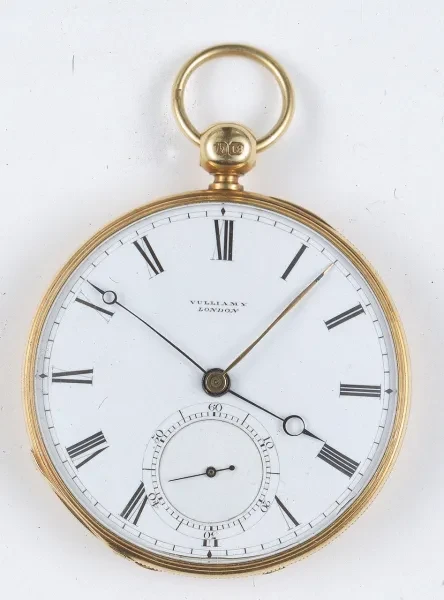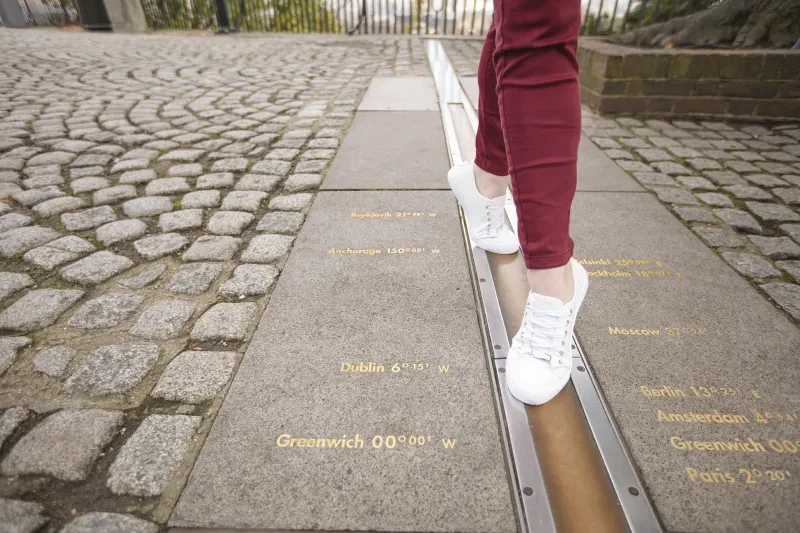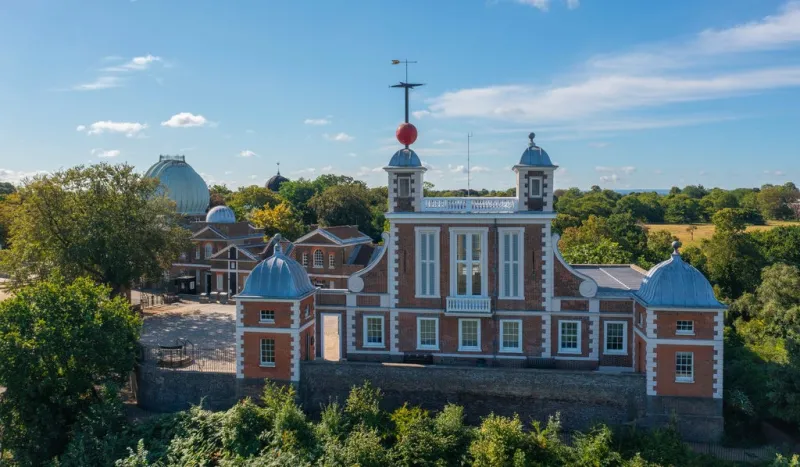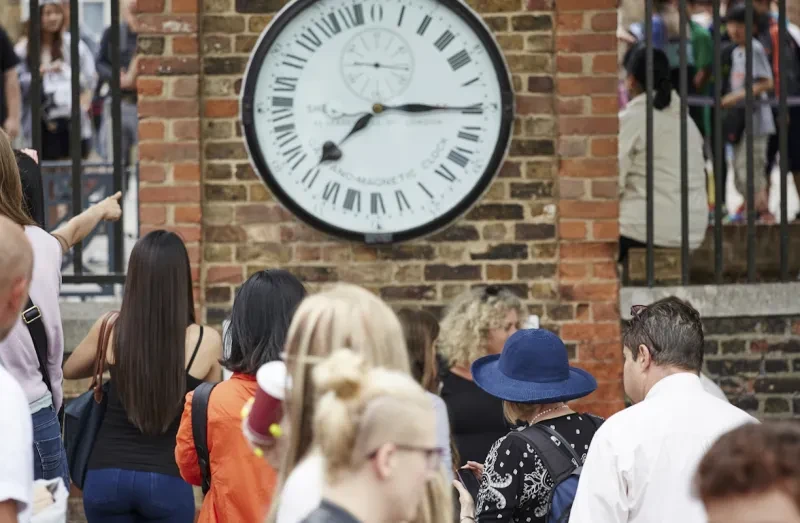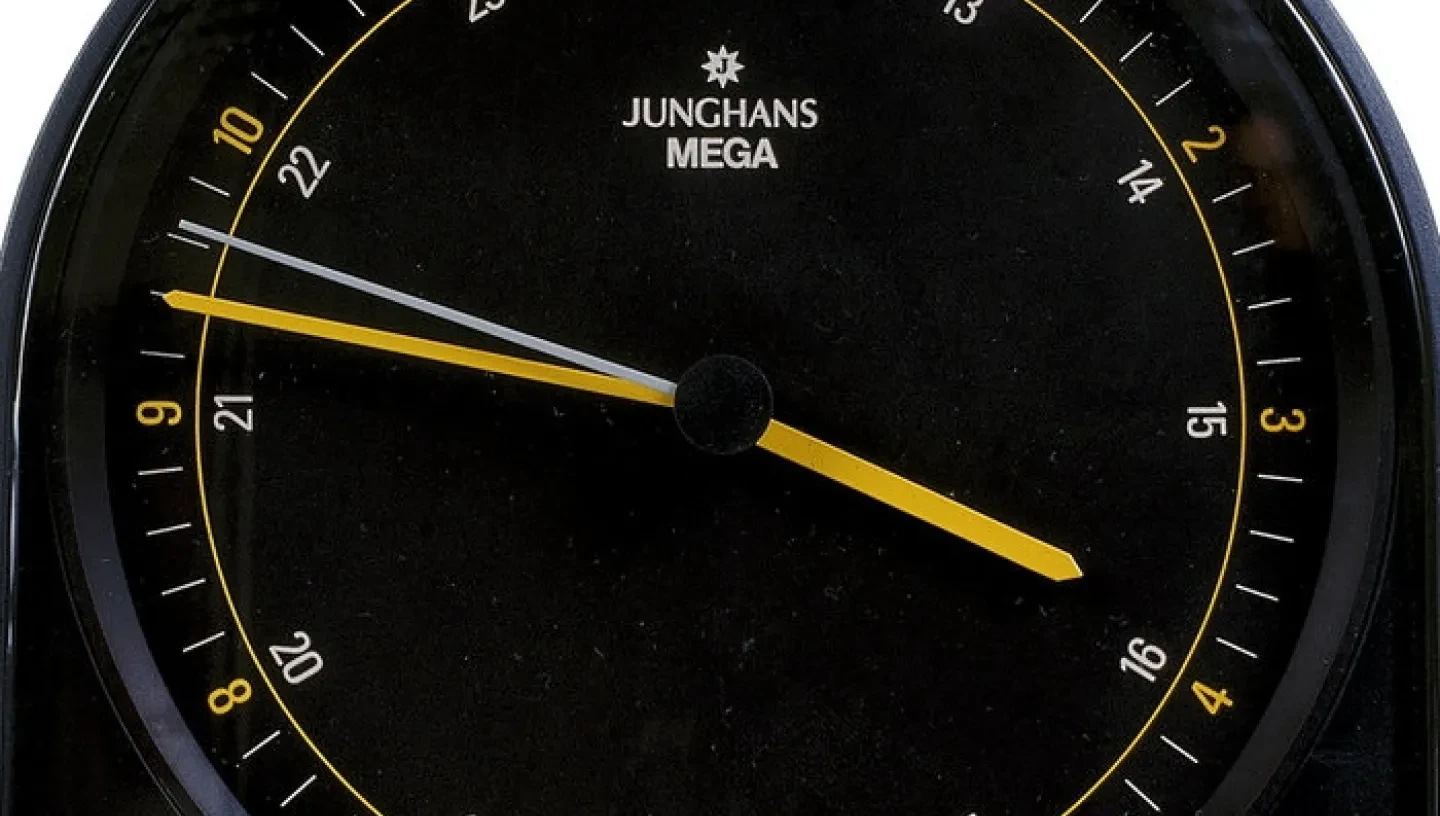
On the last Sunday of October in the UK, the clocks go back by one hour.
It may feel like a long time since the blue skies of summer, but the moment when the clocks go back marks the end of British Summer Time (BST).
Good news: it also means an extra hour in bed.
An easy way to remember which way the clocks change is to think of the seasons: in spring the clocks ‘spring forward', while in autumn they 'fall back'.
The clocks will go back in the UK on Sunday 25 October 2026 at 2am.
Learn more about why the UK changes the clocks and the history of daylight saving time with Royal Observatory Greenwich.
Time to subscribe?
Sign up to our newsletter to hear about exciting news, events and stories from Royal Museums Greenwich, including updates from the Royal Observatory: the home of Greenwich Mean Time.
Why do the clocks change?
Daylight saving, or summer time, is a mechanism to make the most of increased summer daylight hours in the northern hemisphere.
In the UK, once summer is over the clocks change back in order to revert to Greenwich Mean Time (GMT).
A campaign at the beginning of the 20th century successfully argued in favour of changing the clocks during the summer months to avoid wasting time in the morning.
Some of the arguments in favour of changing the clocks include:
- reducing energy consumption for environmental reasons
- having longer evenings to support leisure and tourism
- encouraging people to exercise more outdoors
- reducing road accidents.
There are also arguments against daylight savings time and changing the clocks, including:
- The inconvenience of changing the clocks twice a year
- Safety concerns about darker mornings
- Some farmers have expressed concern about the effect of changing routines for livestock
- Some argue that changing the clocks is now redundant given that many of us spend most of our time in well-lit homes, shops and offices, where the amount of daylight makes little difference to our lives
- Similarly, the economic and environmental advantages can vary: for some warmer regions, it’s thought that longer evenings may actually increase energy consumption as people use air-conditioning units for more hours
It’s an ongoing debate that strongly depends on people’s geographical location, occupation and lifestyle.
- 1784 - Benjamin Franklin first suggested the idea of daylight saving time in a whimsical article.
- 1907 - An Englishman and keen horse rider, William Willett, campaigned to advance clocks in spring and summer and return them in the autumn. His rather complicated plan was to advance clocks by 80 minutes, in four separate moves of 20 minutes each.
- 1908 - The House of Commons rejected a Bill to advance the clocks by one hour during the spring and summer months.
- 1916 - The Summer Time Act was passed, ordaining that for a certain period during the year legal time should be one hour in advance of GMT. Double summer time (GMT + 2 hours) was used during the Second World War.
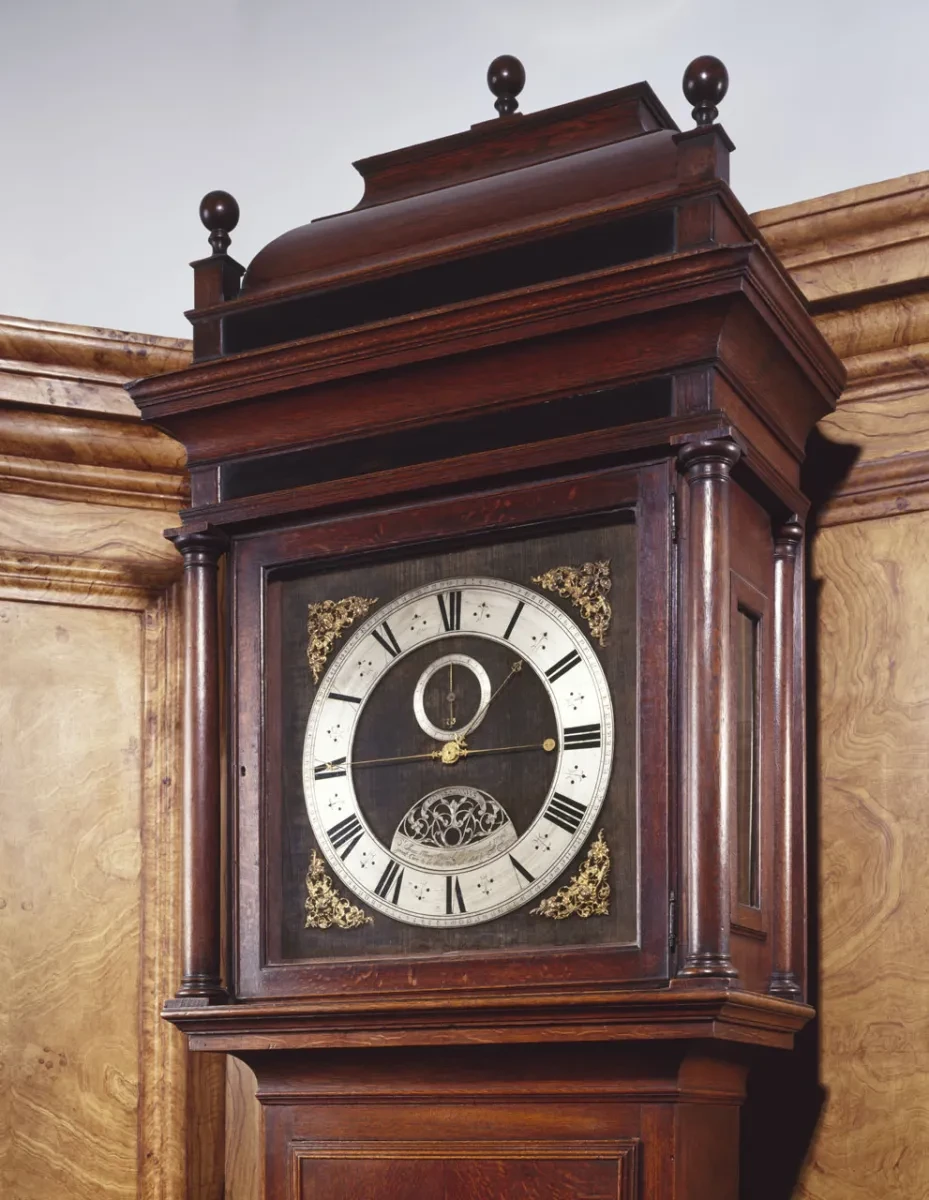
Why don't the clocks change at the Royal Observatory?
"We deliberately keep most of our historic clocks on GMT all year round as they were mainly used before the first daylight saving came into effect in 1916," explains Curator of the Royal Observatory Louise Devoy.
"Visitors arriving at the Observatory in the summer are often confused by the apparent delay shown on the Shepherd Gate Clock but as Britain’s first public clock to show GMT, we’re proud to continue this tradition," she says.
"The most significant change is our Dolphin sundial which needs to be adjusted four times a year: at the solstices (June and December) and when the clocks change (March and October)."
The use of different dial rims for Greenwich Mean Time and British Summer Time, and of the two different hour-plates with the hour lines marked, means that the Dolphin sundial at the Royal Observatory is accurate whatever the time of year.
Watch the Dolphin Sundial change
Why do the clocks go back at the weekend?
This pattern of change was chosen because it occurs on a Saturday night/Sunday morning and would therefore be the least disruptive option for schools and businesses.
What happens if I'm working when the clocks go back?
Of course, not everyone is tucked up in bed at 2am; employees who are scheduled to work a night shift at this time may find themselves working an extra hour when the clocks go back to 1am.
Night workers are often advised to check their contracts and discuss the situation with their employer. By law however, night workers must not work more than an average of 8 hours in a 24-hour period.
Will my clock update automatically when the clocks change?
Most devices with internet connection, such as smartphones, computers and other digital devices should automatically update.
Some watches and clocks in cars and kitchens for example may not change on their own however, so make sure you are ready to wind back.
Do other countries change the clocks?
About 70 countries have some form of daylight saving time, but it varies from region to region.
Much of Europe and North America, as well as parts of South America and Australasia, change their clocks. However, many countries in Africa and Asia situated around the equator do not change the time.
The USA has daylight saving time, but not all states change their clocks. Arizona does not use DST (apart from the semi-autonomous Navajo Nation), and neither does Hawaii. Indiana introduced daylight saving time in 2006.
In March 2022, the US Senate passed a bill known as the Sunshine Protection Act, which proposed ending time changes from spring 2023. However, the bill wasn't taken up in the House of Representatives, and so for now there is no change.
The issue has been debated in the European Union too.
In 2019, the European Parliament backed a proposal to end the practice of changing the clocks in European Union states. However, no final decision has yet been taken on the matter. For now countries in the EU continue to switch to summer time on the last Sunday in March and back to their standard time on the last Sunday in October.
